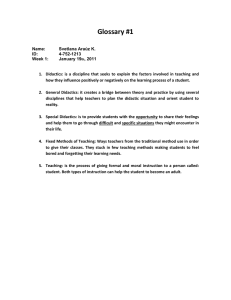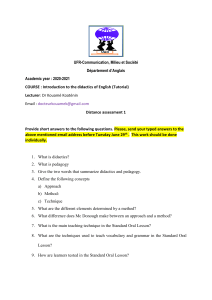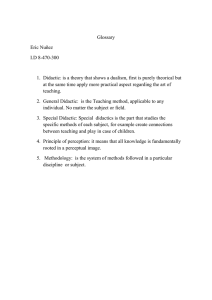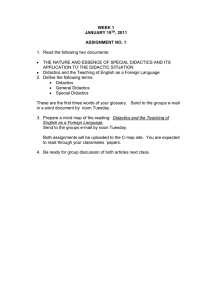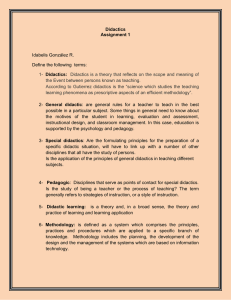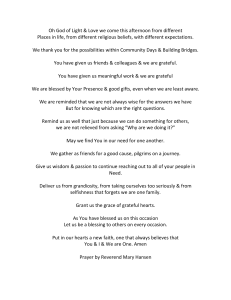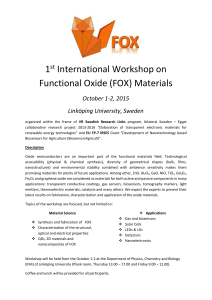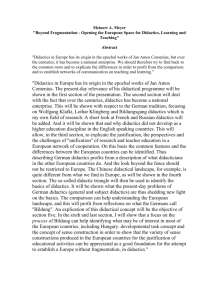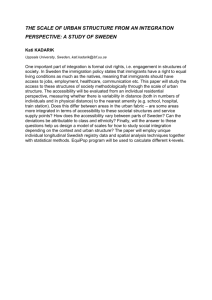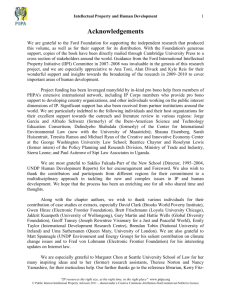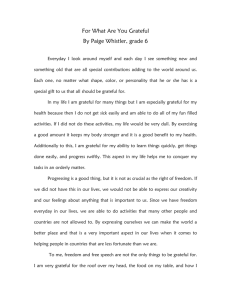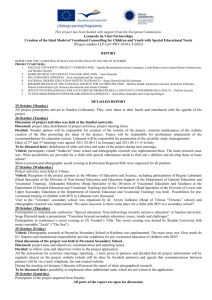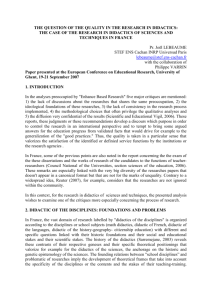Professor Doctor Vincentas Lamanauskas
advertisement
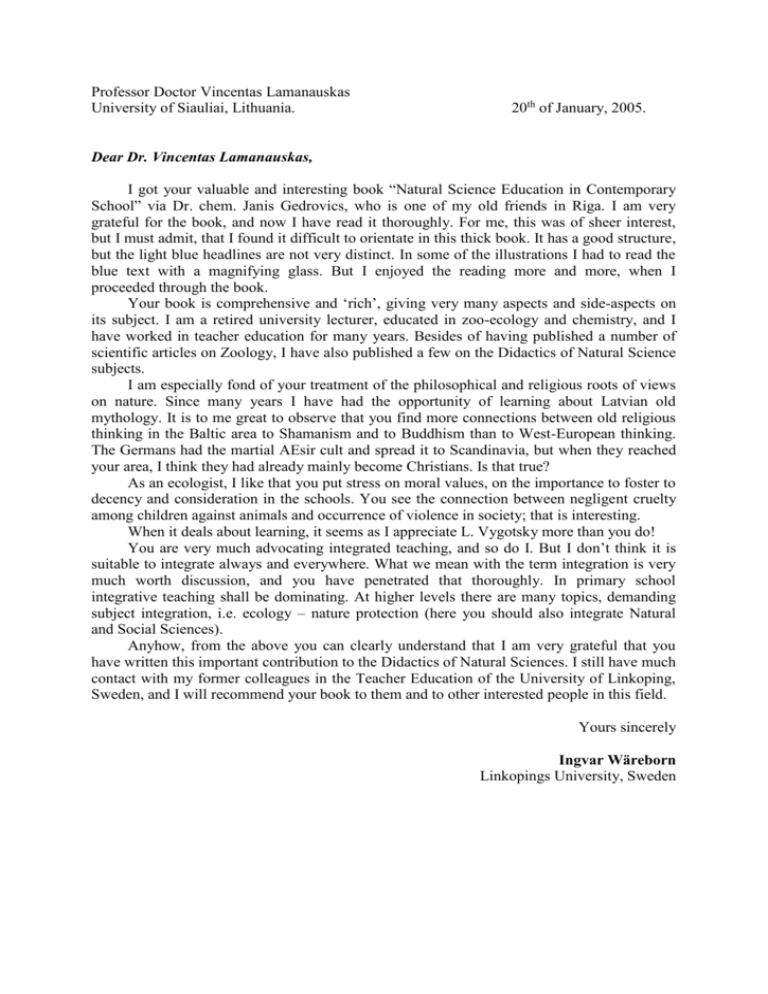
Professor Doctor Vincentas Lamanauskas University of Siauliai, Lithuania. 20th of January, 2005. Dear Dr. Vincentas Lamanauskas, I got your valuable and interesting book “Natural Science Education in Contemporary School” via Dr. chem. Janis Gedrovics, who is one of my old friends in Riga. I am very grateful for the book, and now I have read it thoroughly. For me, this was of sheer interest, but I must admit, that I found it difficult to orientate in this thick book. It has a good structure, but the light blue headlines are not very distinct. In some of the illustrations I had to read the blue text with a magnifying glass. But I enjoyed the reading more and more, when I proceeded through the book. Your book is comprehensive and ‘rich’, giving very many aspects and side-aspects on its subject. I am a retired university lecturer, educated in zoo-ecology and chemistry, and I have worked in teacher education for many years. Besides of having published a number of scientific articles on Zoology, I have also published a few on the Didactics of Natural Science subjects. I am especially fond of your treatment of the philosophical and religious roots of views on nature. Since many years I have had the opportunity of learning about Latvian old mythology. It is to me great to observe that you find more connections between old religious thinking in the Baltic area to Shamanism and to Buddhism than to West-European thinking. The Germans had the martial AEsir cult and spread it to Scandinavia, but when they reached your area, I think they had already mainly become Christians. Is that true? As an ecologist, I like that you put stress on moral values, on the importance to foster to decency and consideration in the schools. You see the connection between negligent cruelty among children against animals and occurrence of violence in society; that is interesting. When it deals about learning, it seems as I appreciate L. Vygotsky more than you do! You are very much advocating integrated teaching, and so do I. But I don’t think it is suitable to integrate always and everywhere. What we mean with the term integration is very much worth discussion, and you have penetrated that thoroughly. In primary school integrative teaching shall be dominating. At higher levels there are many topics, demanding subject integration, i.e. ecology – nature protection (here you should also integrate Natural and Social Sciences). Anyhow, from the above you can clearly understand that I am very grateful that you have written this important contribution to the Didactics of Natural Sciences. I still have much contact with my former colleagues in the Teacher Education of the University of Linkoping, Sweden, and I will recommend your book to them and to other interested people in this field. Yours sincerely Ingvar Wäreborn Linkopings University, Sweden
